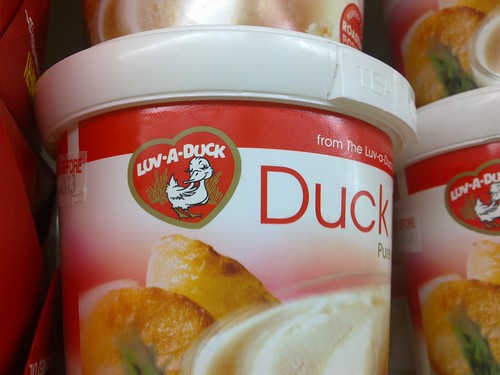So it's been 8 months since I got my mechanical mitral valve and I now have to have my gallbladder out. I spoke with my cardiologist a few weeks ago and we discussed bridging my coumadin with lovonox and the sugeron who is doing my gallbladder surgery also discussed it when I met with him. Interesting enough when I called the cardiologist's office to let him know I have a surgery date and need him to set up my bridge his nurse informed me to stop my coumadin 4 days prior, test my INR daily and if I fall below 1.8 to call him. I told the nurse that I am not comfortable not bridging with lovonox and to tell the cardiologist this is not what we discussed. I finally did get him to order lovonox but now there is confusion because the prescription doesn't match the instructions the nurse provided when I talked with him. So on Monday I have to clarify the bridge instructions. Why can't this be simple?
Does any one with a mechanical mitral valve have experience with bridging??? Have any of you ever been told to just stop your coumadin and monitor your INR daily without bridging? I'm thinking it's because my cardiologist feels since I have an On-x valve I can run on the low side of my INR range, 2.5-3.5. But I'm not comfortable with 1.8 and no lovonox...am I wrong?
Does any one with a mechanical mitral valve have experience with bridging??? Have any of you ever been told to just stop your coumadin and monitor your INR daily without bridging? I'm thinking it's because my cardiologist feels since I have an On-x valve I can run on the low side of my INR range, 2.5-3.5. But I'm not comfortable with 1.8 and no lovonox...am I wrong?


























